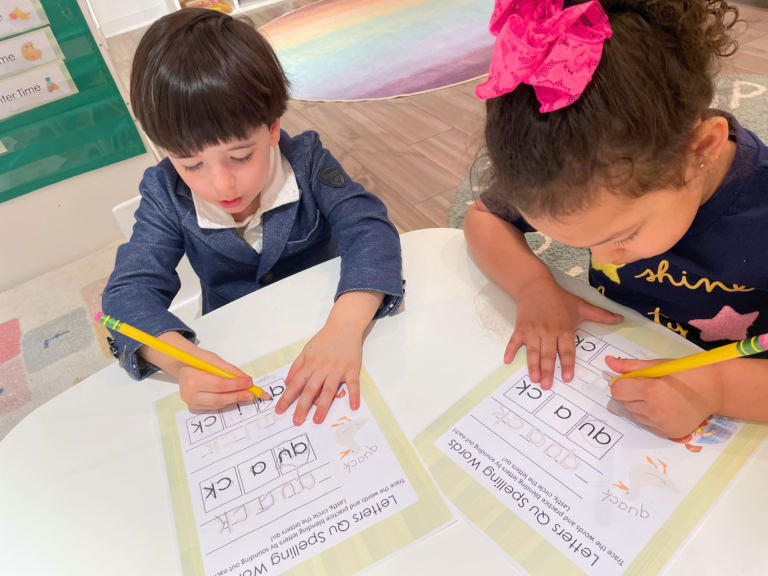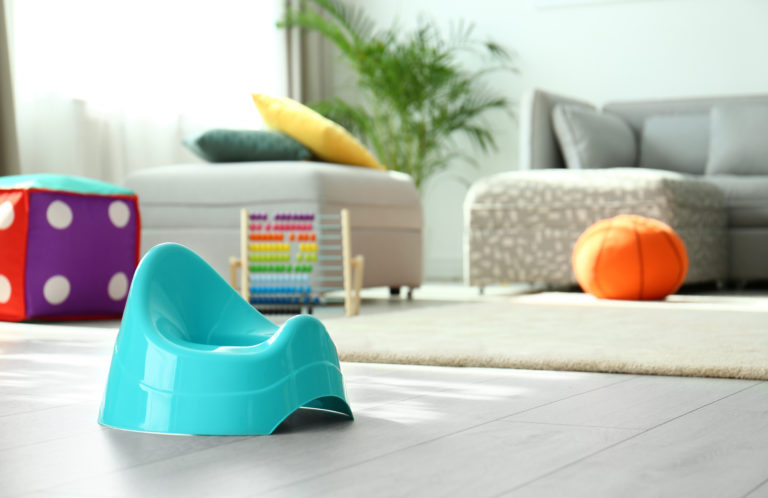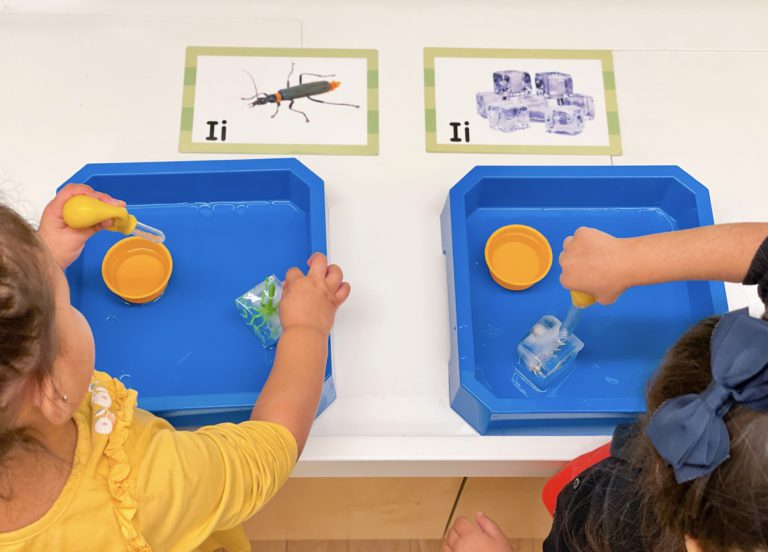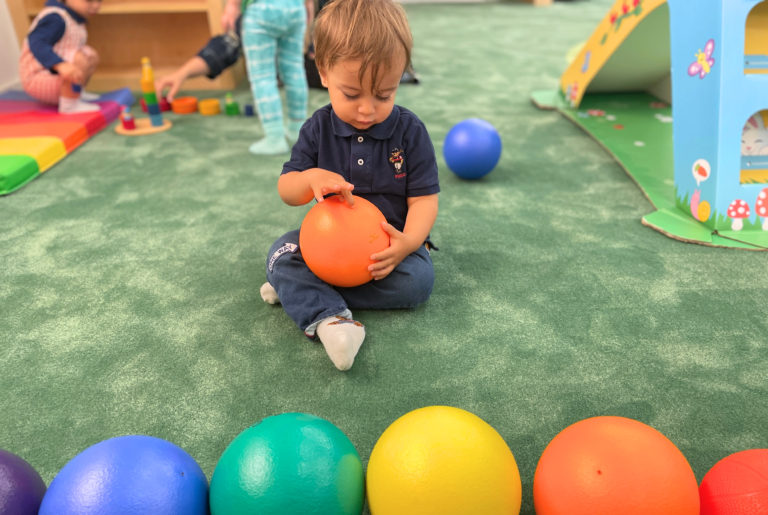The Hand Problem Solver
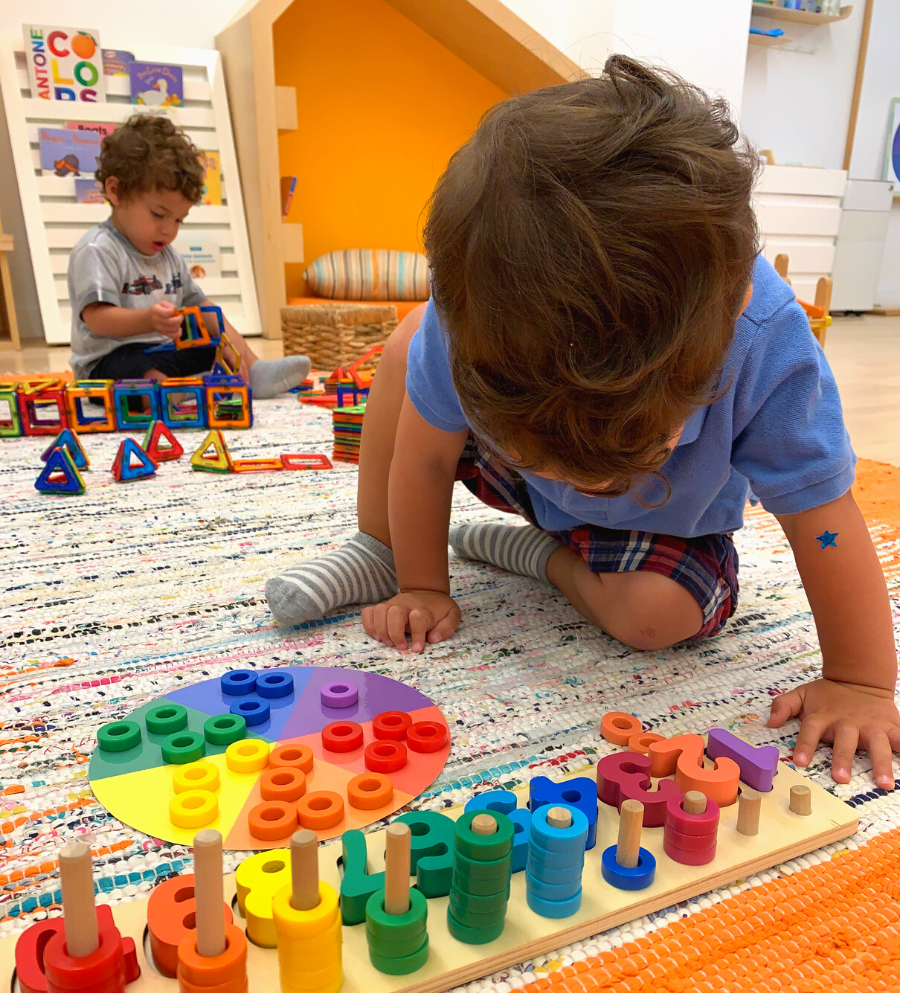
Have you ever felt that wonderful surge of pride and satisfaction when you’ve completed something difficult? Well, your child feels that too! When your little one learns to do something they never thought they were capable of, whether within their early childhood education journey or home doing chores, they’re inspired to try more things that may seem tough at first, and become much more willing to work a bit harder to tackle challenges head-on, especially with the help of some social emotional learning activities!
Wondering what you can do to help your kids develop autonomy? Never do for your kids what they can do for themselves. Your child is capable of a lot, even if it takes them a little more time than it may take you! For instance, when your child is getting dressed, it may take them a moment or two to button each button, snap each snap, or put on their socks and shoes all by themselves, but they’re very capable. For you, encouraging this independence may mean setting aside an extra 5 to 10 minutes for yourselves if you need to leave the house at a certain time. It might also mean allowing some room for error or imperfection — the bed might not be perfectly neat and tidy, but if the blanket is pulled up to the pillow, you can call it “good enough” bed making! It will be worth it for your child to have the chance to learn basic tasks for themselves.
You may feel the need to help your child complete these tasks; after all, it can be tough to watch someone struggle with something that you yourself know how to perform or complete! However, it’s key in their early childhood education to offer your child the chances to do things on their own in order to learn valuable lessons! Their fine motor skills, resilience, and self-reliance will all be significantly improved through simple social emotional learning activities.
So what’s the secret to inspiring your little one to work hard to practice their daily skills? The most important part is to keep the task of choice developmentally appropriate; it should require a bit of effort, but not exceed far beyond their abilities to the point that they become frustrated. Take dinnertime, for example: your child isn’t yet big enough to abide by the family rule that everyone clears their own plate from the table. The trick is to involve them in a similar fashion, but to have them perform a task that is slightly more accessible for their age, such as having them throw away a dirty napkin or table scraps. It prioritizes a sense of belonging and participation as well as instructing them on the expectations of helping around the house!
One of our favorite tools at Playgarden Prep to creatively introduce children to the idea of finding their own path towards doing things for themselves is the hand problem solver! This exercise comes from Dr. Michele Borba in her book Thrivers: The Surprising Reasons Why Some Kids Struggle and Others Shine. She suggests that kids use their hand to help them solve their problems:
- First, hold up your thumb and state the problem.
- Next, hold up your pointer, middle, and ring finger, and name one possible solution for each finger.
- Last, hold up your pinky to choose the best idea—then go do it!
You might be surprised by your child’s willingness to brainstorm ways to do things in social emotional learning activities, early childhood education, and beyond! Their eagerness to be a “helper” at home can be infectious. Try Our Online Preschool for FREE! Playgarden Prep offers educational videos from real teachers and numerous DIY projects that support early learning and development.
Popular


Hi, I'm Miss Charlotte!
Miss Charlotte is an Education Director by trade, and a mom by heart. All 200+ of our DIY projects were created by Miss Charlotte, with the help of her expert DIY assistant—Her 4 year old daughter! With a MST degree in Early Childhood Education and 15 years of teaching experience, her blogs and DIY projects have been an incredible resource for our Playgarden Prep schools. We hope that your family loves them as much as we do!

